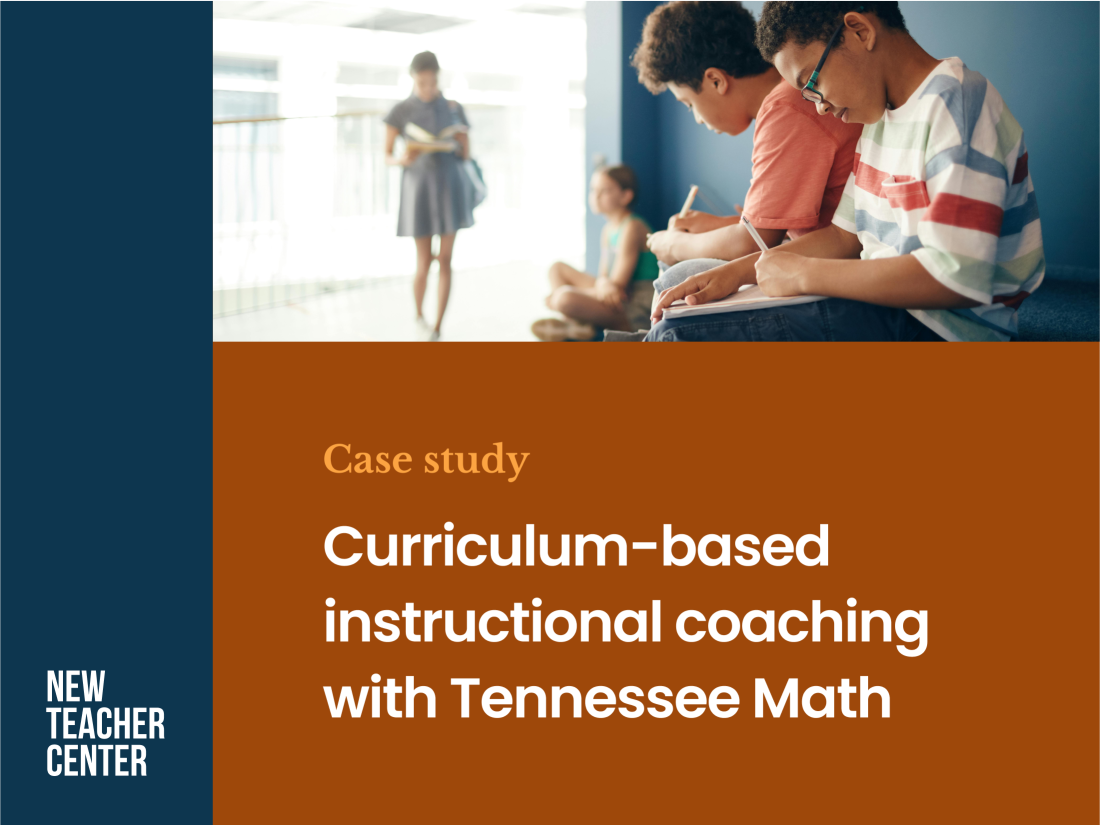Delaware Department of Education (DDOE) partnered with New Teacher Center to pilot strategies to build school district capacity to support the implementation of high-quality instructional materials (H…
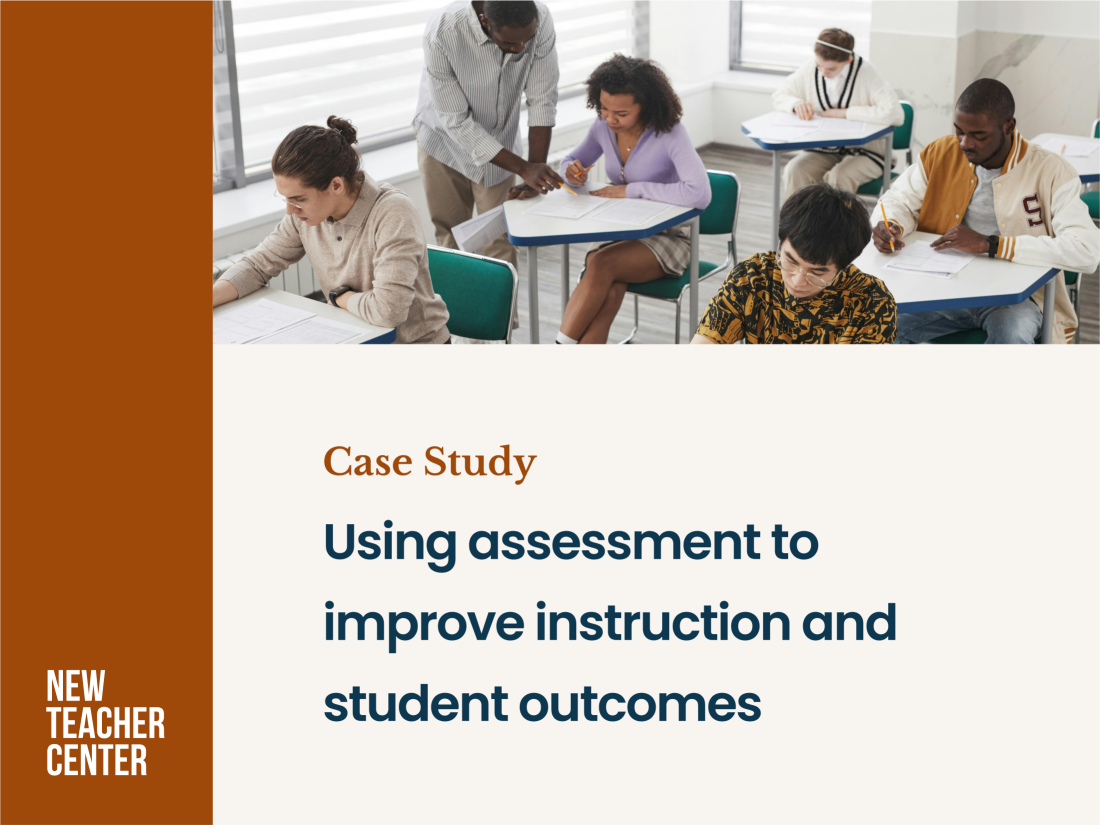
In Kentucky, we partnered with SESC in support of 10 small rural districts participating in NTC’s Education Innovation and Research (EIR) grant: Catalyzing Innovations in Teacher Leader Development …
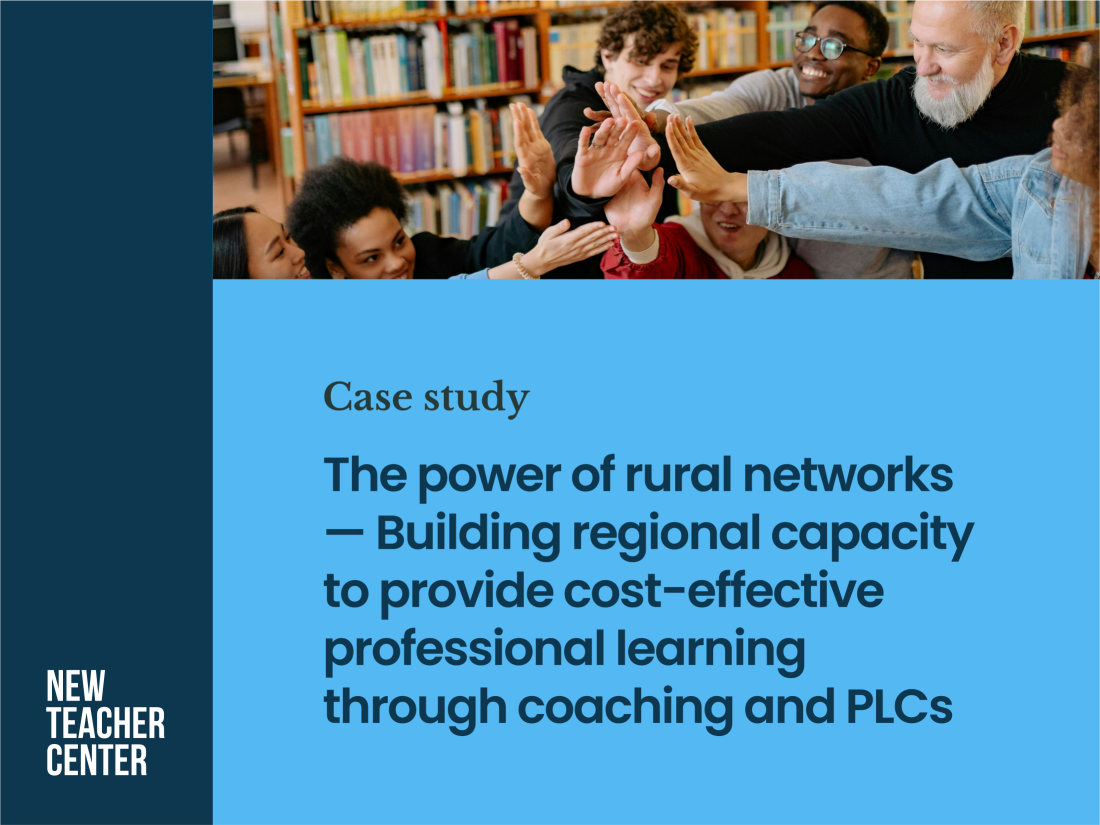
Fresno Unified School District (FUSD) has embraced NTC’s mentoring and induction model, with specific attention to a growing number of alternatively or provisionally certified teachers. The goal is …

New Teacher Center partnered with Charlotte-Mecklenburg Schools (CMS) to implement a district-wide math curriculum across its middle schools, leveraging professional learning communities (PLC) and cu…
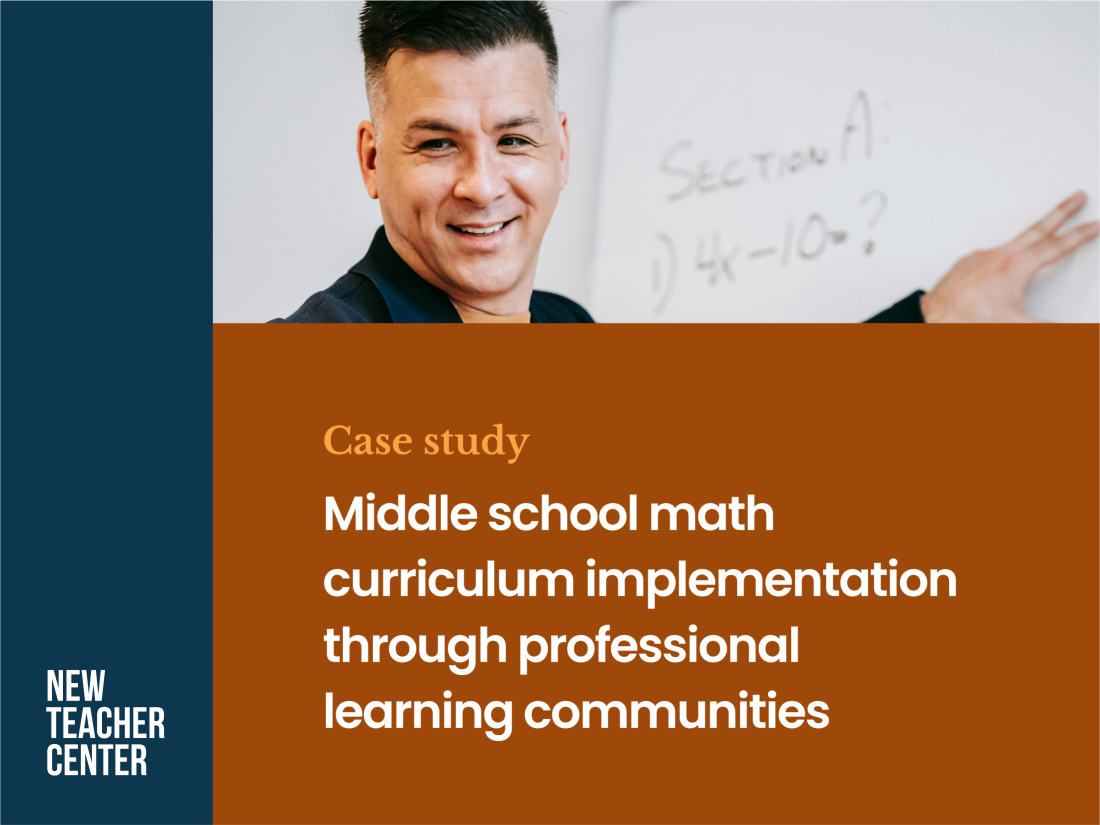
Prior to NTC's partnership, Corbin ISD did not have coaching staff or an infrastructure for job-embedded professional learning and teacher support. NTC worked with district leaders to establish a…
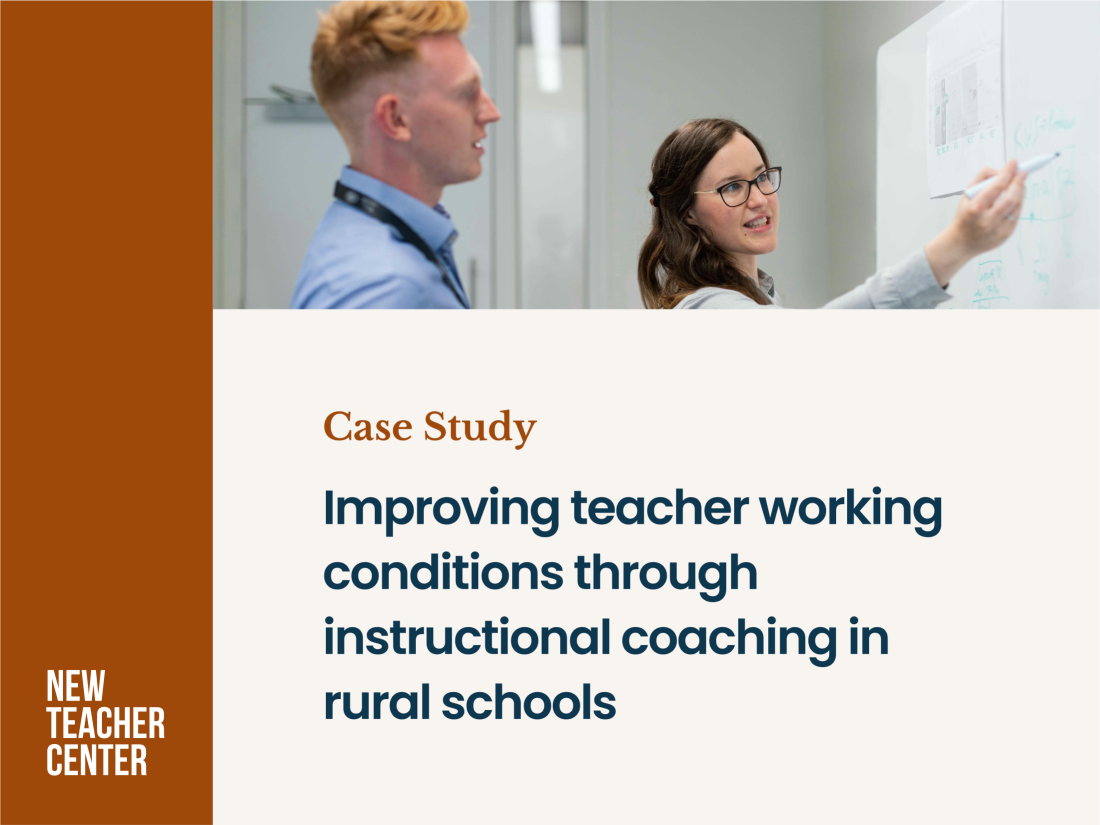
For over a decade, New Teacher Center partnered with Miami-Dade County Public Schools (M-DCPS) on several major federal grants to support the implementation of the district’s vision for comprehensiv…
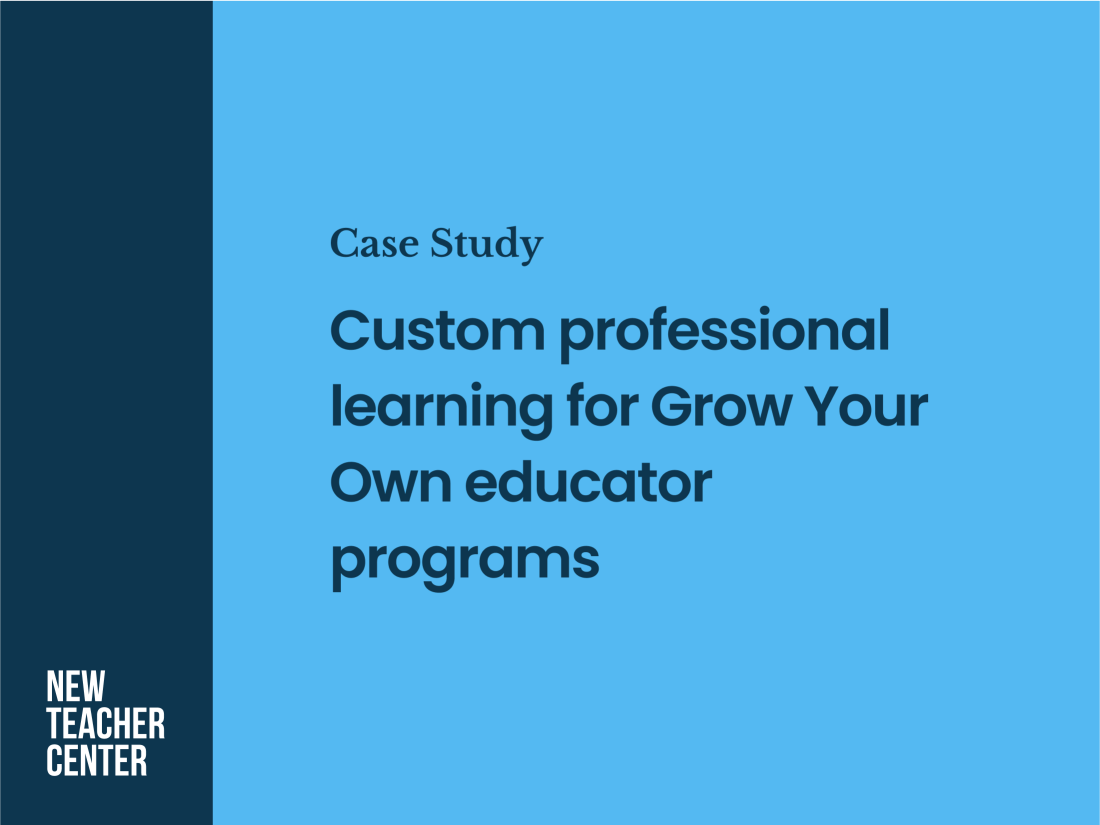
New Teacher Center (NTC) began its partnership with Clint ISD in 2016, supporting induction programming for new teachers. Later, our work expanded to include an instructional leadership partnership fu…
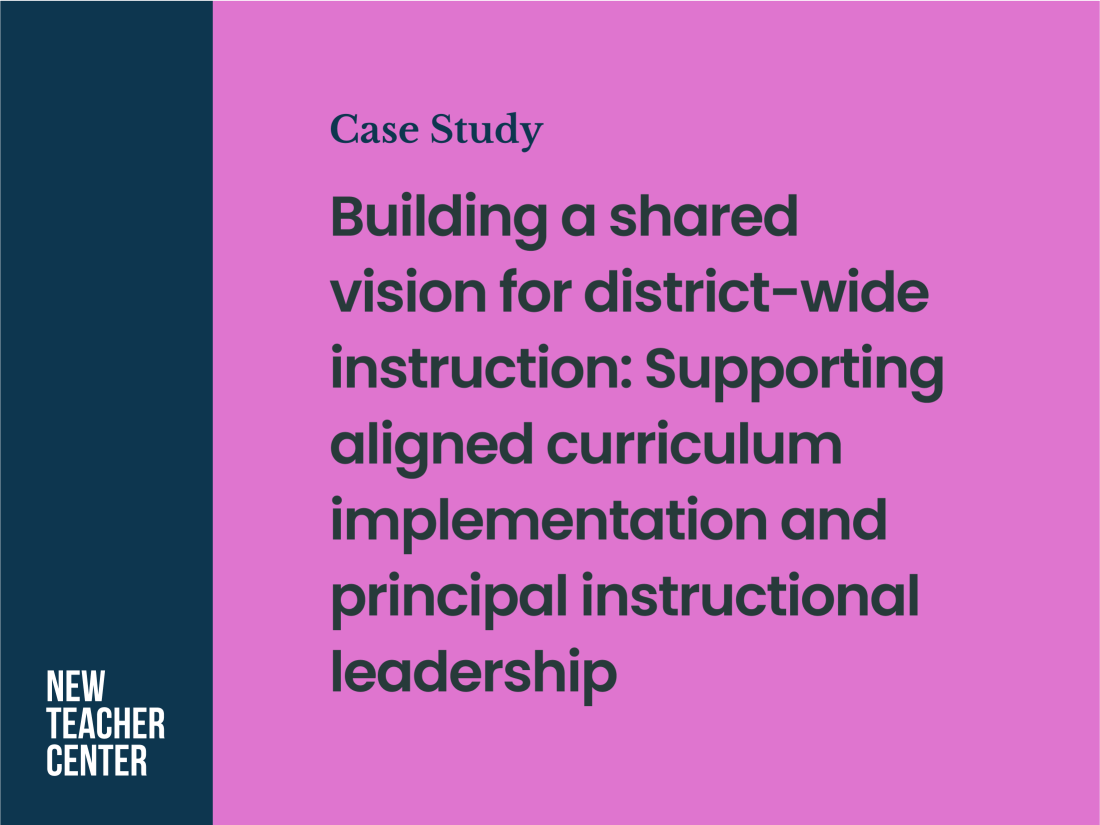
For over 15 years, New Teacher Center has worked closely with Hawai’i’s State Department of Education (HIDOE) to build a coherent and comprehensive statewide induction program for new teachers.
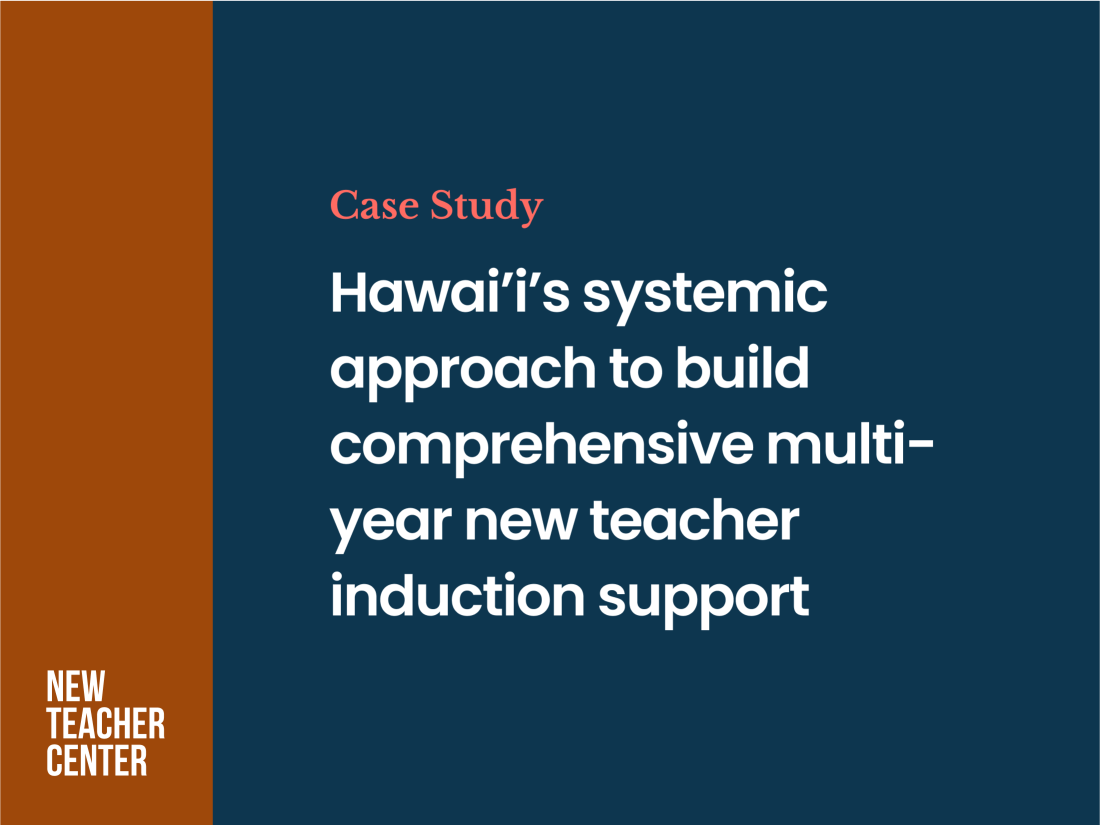
Navigating a curriculum change across Tennessee’s diverse districts was a complex challenge, with no standardized playbook to guide stakeholders through geographic isolation, resource constraints, a…
